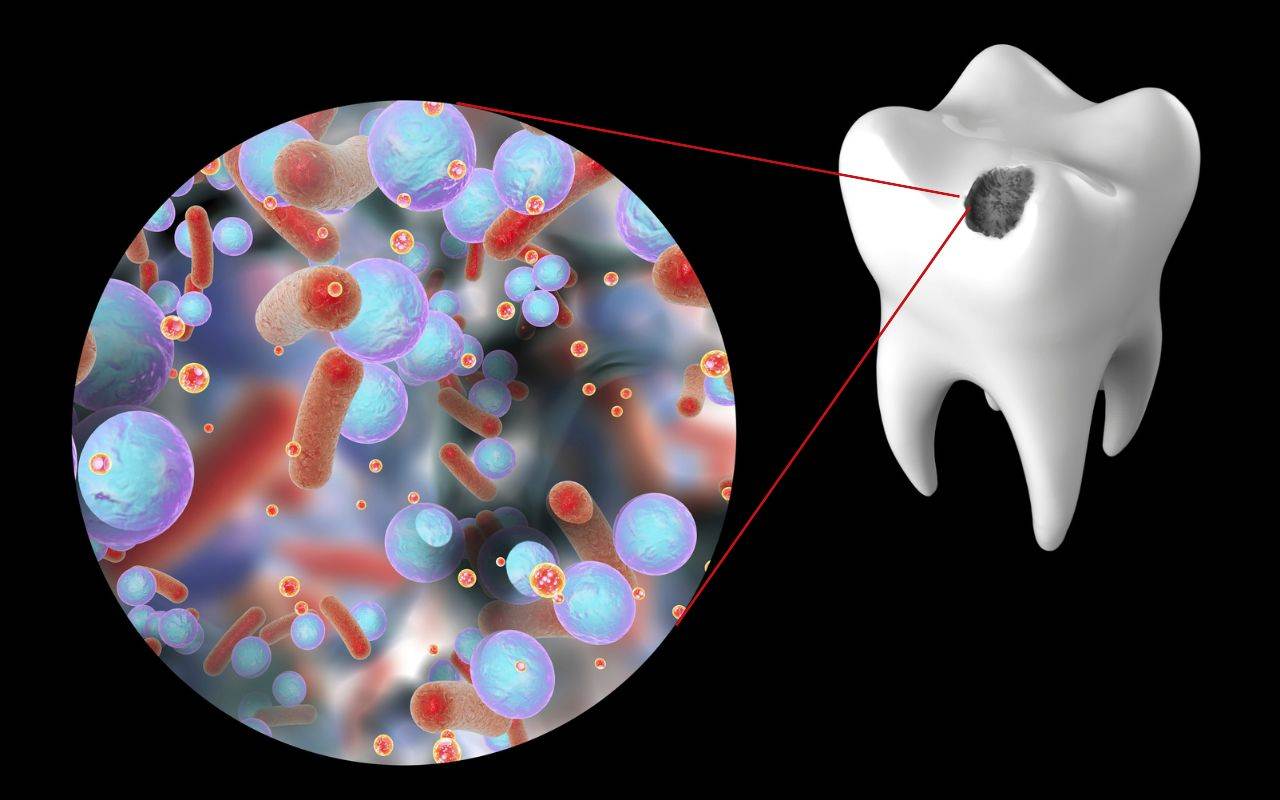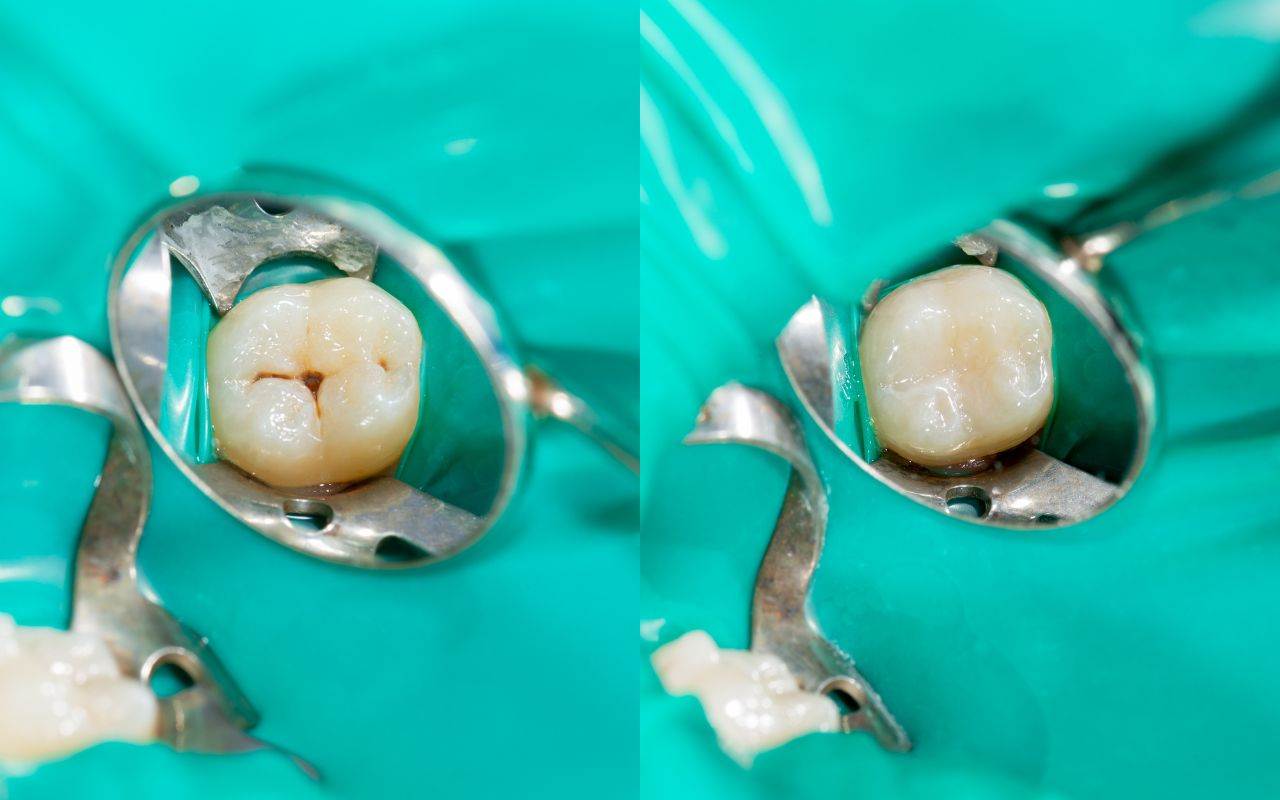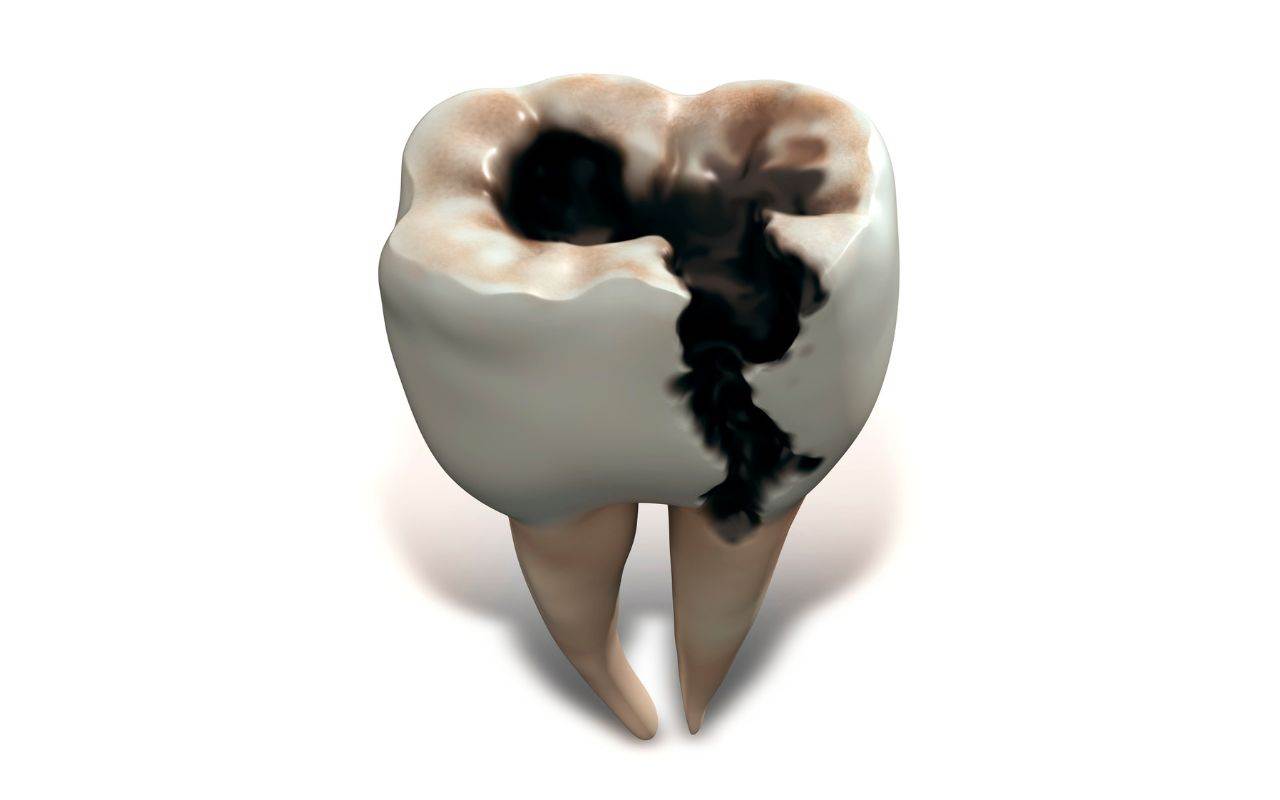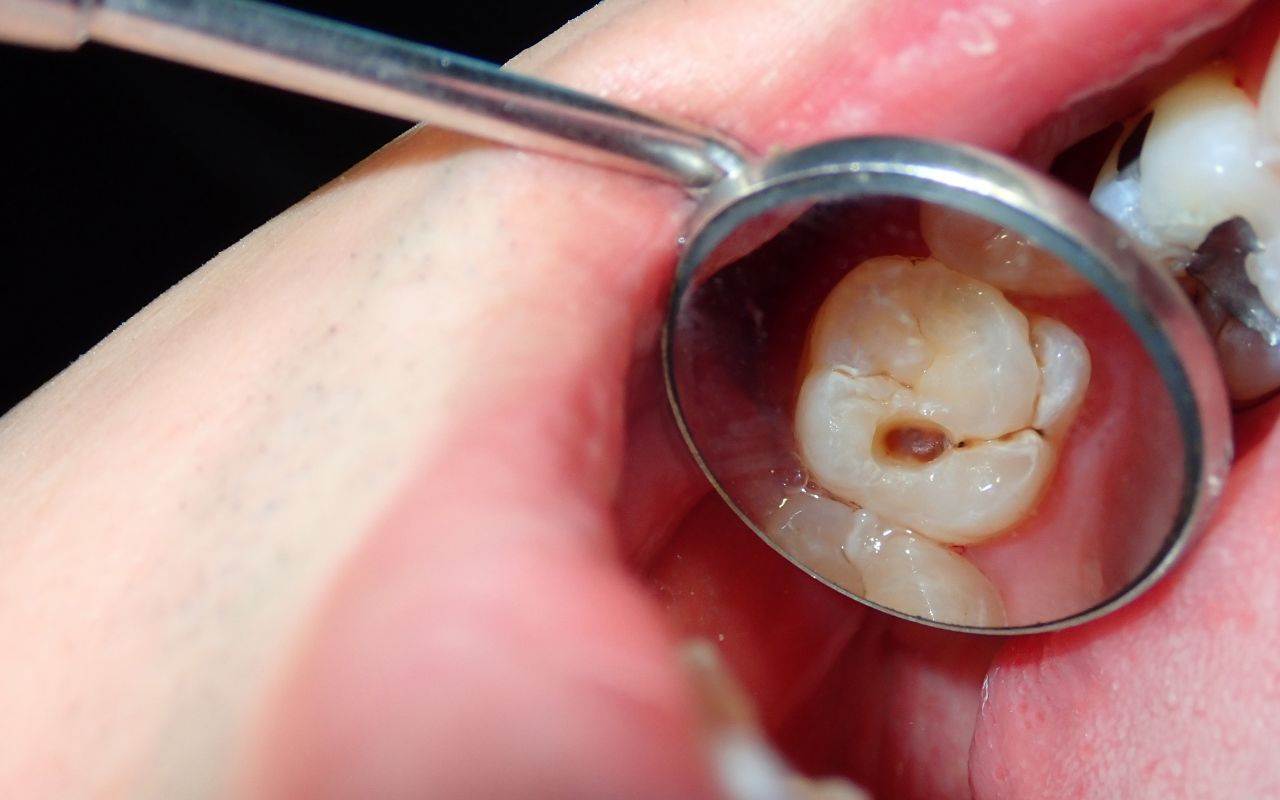Sometimes cavities don’t seem like a big deal. Perhaps because we think of teeth as being made from hard, tough material, we may think that having a small hole in our tooth isn’t a huge problem. However, it really is. When left untreated cavities can get worse, get bigger, and eventually lead to you needing serious interventions like root canals or even tooth replacement. It’s important to take care of cavities right away to prevent these problems and save yourself some pain (and money) down the road. Here’s why you should take care of cavities immediately and what might happen if you don’t.
Why Cavities Are A Problem

When your dentist tells you that there is a small hole in your tooth, you might not think it’s a problem. From the outside, it looks like teeth are composed of a tough, solid, white material that easily resists bacteria and is essentially just a tool to help you chew.
But teeth are alive and comprised of many different layers of tissue and other materials, not all of them hard and strong like you see on the outside. They have softer inner layers beneath a very thin layer of hard enamel. Underneath that white covering there is yellow dentin, a soft material with microscopic holes. Then there is cementum and pulp. These layers have nerves and are fed from one large artery in the pulp that delivers nutrients.
Cavities are the complete loss of enamel in one spot on your tooth. These holes then expose the inner layer of dentin to the outside world, and dentin is not able to handle that exposure well. The dentin, like the enamel, also decays, especially through its microscopic holes, which allow bacteria in. Dentin also has nerves, as do the lower layers of the tooth, so eventually, cavities begin to hurt.
There are different types of cavities, including:
- Coronal cavities: These are the most common types of cavities. They are on the chewing surfaces, where the teeth meet.
- Root cavities: These cavities form near the gums, especially where the gums have receded, leaving part of the root exposed. Roots do not have enamel so these areas are very sensitive and decay quickly.
- Recurrent decay: This is when you’ve already had a cavity filled, and then more decay forms around the treated area. Because you’ve already had a cavity here, this is a problem area, so unless your dental hygiene, diet, or other factors are corrected, it’s quite possible that new problems will arise in the same spot.
The location and the size of the cavity are both factors in determining what kind of treatment it needs. Your dentist will walk you through the options for your specific type of cavity.
Why You Should Take Care Of Cavities Right Away

Cavities can ruin your teeth and significantly undermine your overall oral health. Once you have formed a cavity, it will only continue to get worse if not treated properly. Whether that happens quickly or slowly depends on many different factors, including your genetics, your diet, your eating habits, how often and how well you brush and floss, and much more. Even if you’re very diligent in these regards, your cavities will eventually start to cause problems.
Why are fillings the standard treatment for cavities? Filling the hole left behind by a cavity with a tough, safe material will block and protect the inner parts of the tooth from outside exposure to your mouth and bacteria. This stops further decay and protects your tooth and all its layers. If we could restore enamel at this point, we would. But, unfortunately, once natural enamel is gone, it is gone.
What Happens If Cavities Don’t Get Filled?

Cavities that are left untreated will progress. A cavity is decay and, like all decaying things, will continue rotting the tooth until it is destroyed. Very serious cavities can completely ruin teeth. Ideally the misshapen tooth or the pain from your cavity gets your attention and gets you into your dentist’s chair long before the tooth is completely unsalvageable. Because if not, you may have to undergo more intensive (and expensive) treatments, such as:
- Larger fillings: Only certain materials can be used for small fillings. Larger ones require different materials, which may not be ideal for you.
- Root canals: Root canals are a serious procedure to remove infected or damaged pulp from your teeth. They are meant to repair abscesses and deep infections that can cause swelling, pain, and serious issues.
- Replacement: If your tooth has suffered too much decay, even if the pulp is fine, it may not be possible to save it. You might need to replace it entirely.
What Are The Signs You May Have A Cavity?

It’s hard to see your own teeth in any detail and, if you could see them closely, you might not recognize a cavity. Your dentist or dental hygienist should point out any cavities or areas of concern with your teeth at your regular checkups, and we suggest you see your dentist often enough that you won’t need to look for any cavities yourself! However, you should still know some of the signs that you may have a cavity, which include:
- Poor breath: Cavities allow bad bacteria to flourish which can cause foul odours on your breath.
- Pain: The decay from cavities can reach down to the nerve of the tooth and begin to cause you pain.
- Unusual tastes: Poor tastes in your mouth can be a sign of cavities or other dental issues.
- Dark spots: Sometimes cavities are on the outside of your front teeth and may be visible to you. They look like dark spots.
- Holes: You may be able to see or feel a hole in your tooth.
- Swelling: Swelling may be a sign that a cavity has led to an infection. All swelling in the mouth should be addressed quickly.
How To Avoid Further Cavities

No one wants a cavity! There are many ways to improve your oral health so that you don’t need to undergo a filling. Here is how:
- Brush properly with fluoride toothpaste as instructed by your dentist or dental hygienist (if you’re not sure of proper brushing technique, ask!)
- Floss properly and regularly, as instructed by your dentist or dental hygienist (again, ask if you’re not sure of proper flossing technique!)
- Get regular professional dental cleanings to take care of your enamel
- Adjust your diet if needed to protect your dental enamel from potential sources of decay-causing bacteria
Bradford Family Dentistry can help you with your cavity, and the sooner you come see us, the easier your treatment will be. Call us today at 905-775-5307 or click here to request an appointment.
